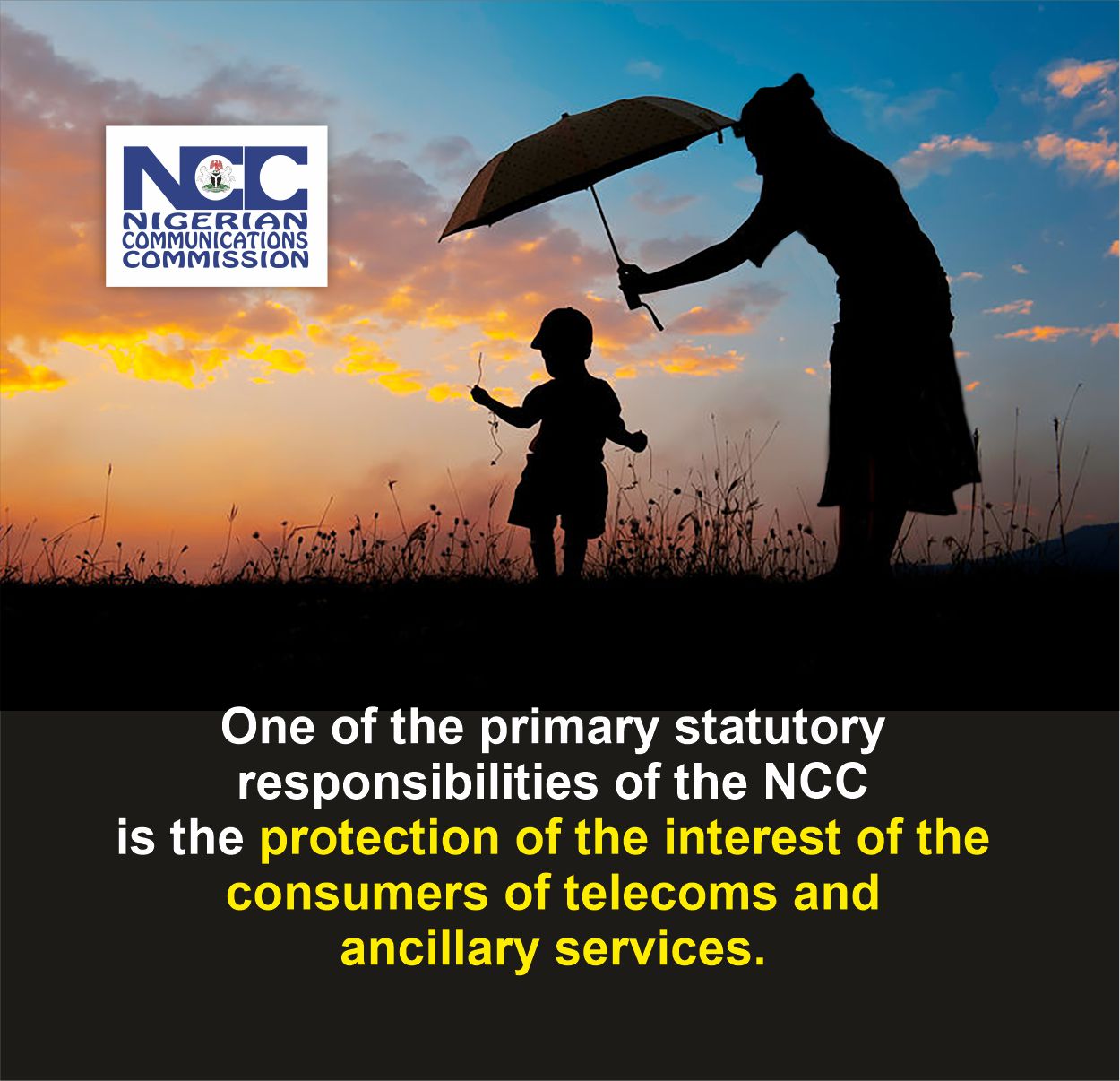Indications have emerged that the recent activation of Abuja Digital Switch Over (DSO) will not only grow digital terrestrial viewing experience in Nigeria but will on complete digitization of the country free more strategic spectrum that are critical in the delivery of broadband by telecoms companies.
The meaning of this is that whereas the frequencies will be used by telecoms companies to deepen internet access across the country, government will rake in revenue during the auctioning.
Otherwise, from July 17, 2017, the expected deadline for the international transition from analogue to digital television broadcasting the 700MHz/800MHz frequencies the DSO would be freed, leading to the creation of Digital Dividend Spectrum in the 700MHz/800MHz bands which would be sold to telecoms companies.
Analysts say the government, through the auctioning regulator, the Nigerian Communications Commission (NCC) may rake in a minimum of N100 billion in their sales.
Apart from what telecoms would commit to access the spectrum, operators are expected to spend N610 billion ($2 billion on capital expenditure (Capex) to rollout more 2G and 3G base stations, fibre-backhaul their base stations to 4G, expand fibre optic cables to unserved and underserved areas as well as ensure densification of the network for optimum quality services.
Before now, the NCC has been beckoning on local and foreign telecommunications investors to avail themselves of the opportunities in the various spectrum licences auctions that would take place in 2017. The success of the exercises would help Nigeria surpass the 30 per cent broadband target set in the National Broadband Plan 2013-2018.
Though the ITU-UNESCO Broadband Commission for Sustainable Development’s September 2016 report has shown that Nigeria’s broadband penetration currently stood at 20.95 per cent, the use of both the 700MHz/800MHz frequencies will jump the percentage penetration.
Besides, industry pundits are upbeat that 2017 will see one of the years with the highest inflow of foreign direct investments in telecoms sector as all of the telecoms are looking onto the release of the spectrum and have already set aside, funding to deepen investments as 4G LTE generation takes centre stage.
Already, Ntel owned by NATCOM Telecom and Investments Limited, Smile Communication Nigeria Limited, Globacom, MTN Nigeria, Etisalat Nigeria, Inter C (formerly Intercellular) and Bitflux Communications Limited have all launched Fourth Generation Long Term Evolution (4G LTE) technology on their networks to give subscribers faster speed voice, video and data services.
In 2016, Business Hilights gathered that MTN Nigeria budgeted $716 million to expand its network.
Next year, sources say beyond the crisis of fine and $13.9bn transfer saga, the company is expected to devote at least $500 million to capital expenditure as it continues to extend third generation (3G) technology coverage to 90 per cent of Nigeria in 2017 and start a fibre-network rollout in six cities in the country.









